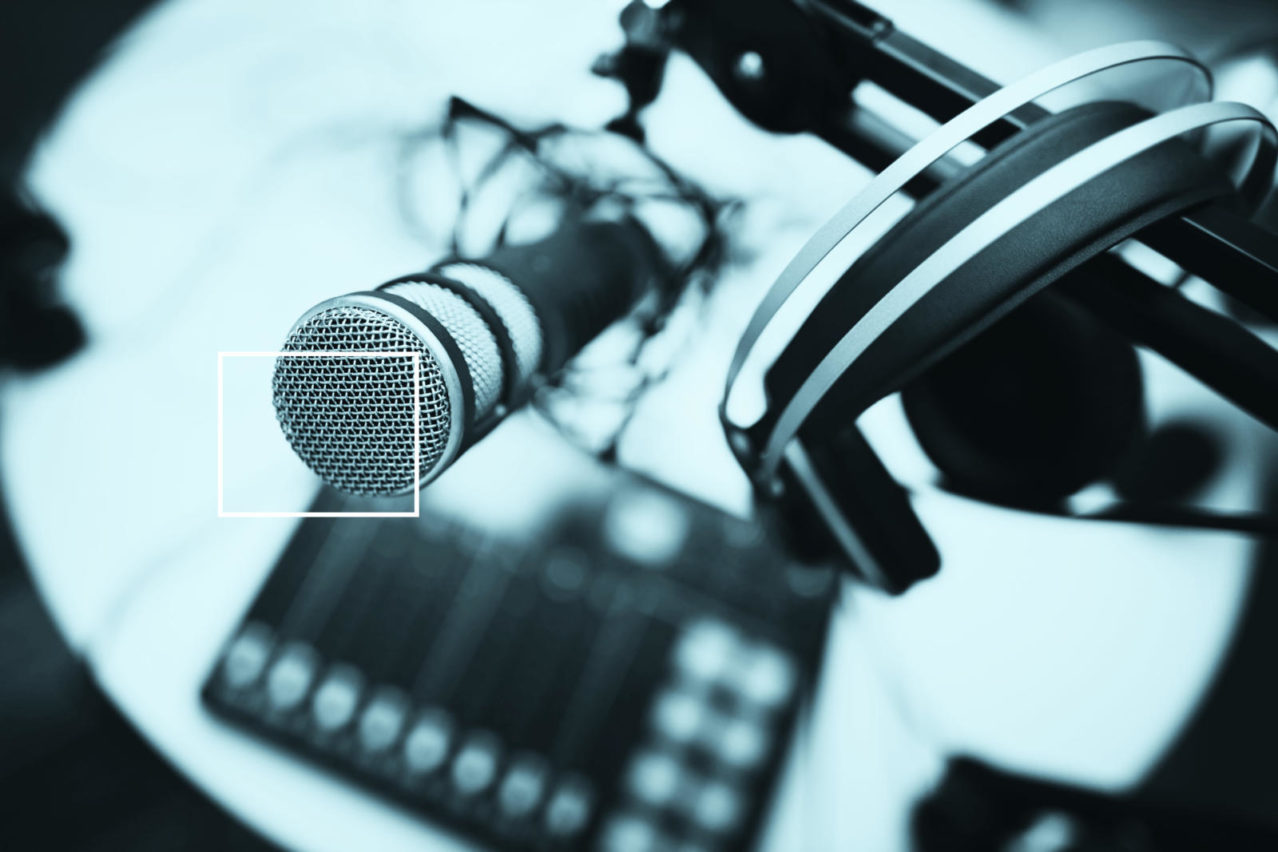
How to create a great podcast
And there's Brightful's new FFWD podcast to listen to...
Content, content, content! We produce, we consume, we create. In fact, 2.75 million posts are published each day on WordPress alone. That’s a lot of content to get through and a lot of value to try and stay on top of. But, who has the time?
People are really listening and want to consume all of the content that is there and available. There’s a level of dedication that comes from podcast listeners that you don’t otherwise find. And now the numbers prove it. Podcasts aren’t a bubble, they’re a boom—and that boom is only getting louder.
Miranda Katz, Wired
Podcasts, it would seem, are the content conveyor belt of the future. They’re easy to listen to whilst you travel, exercise, walk to work or even clean the house! As of 2019, around 7.1 million people in the UK listen to podcasts each week. That’s one in eight people and is an increase of 24% over the past year. So what does that mean for you as a business owner or content producer? Shouldn’t you be producing audio content too?
Well, just because you can do it doesn’t mean you should.
Before you whip out the microphone and start working on your custom jingle, think about:
What is it that you can say or teach that isn’t already out there? There’s no point in spending time and money on creating something that doesn’t serve you or your listeners – so what do you have to offer? Experience? Unique insight? Valuable teachings? Perhaps it’s your network. Whatever it is, do the groundwork before you hit ‘record’.
Simply chatting away in your pjs isn’t going to cultivate a loyal audience and raving fans. As well as a great purpose, how can you communicate your brand through your podcast? What is it that’s unique about you and your business? How could you inject personality and brand values into the audio content you produce?
Podcasting can be far more casual and unscripted than other forms of content. Take advantage of it’s creative and lighthearted nature and make something fun to engage with. Let loose, crack a joke and invite guests to share their opinions. A little preparation goes a long way, but overly scripted podcasts are boring and stuffy. This is the time to show some personality.
On the subject of preparation make sure you prepare around 8 key points to touch on during the recording. This helps to keep you on track, but it also ensures that maximum value is delivered. If you’re following an interview structure, try to deliver 2 pieces of value per question. Be spontaneous and don’t read your answers word for word, by all means, but make sure the conversation has some structure to circle back to.
Nailing your sound quality is extremely important when it comes to creating a great podcast. Listeners are predominantly using headphones, so even the slightest background noise is going to be very obvious. A sound-proofed room, a recording studio or your double glazed office are the best options, alongside a great microphone.
Try and keep your podcasts below 30 minutes in length. Even if you think the content is good, other listeners might not have the patience – plus, consider the length of the average commute. Software such as GarageBand (Mac) and Audacity (free!) allow you to snip, clip and trim your audio to perfection. Editing can be daunting, but it’s truly a ‘practise makes perfect’ situation.
Before you start recording your episodes, create your musical intro and outro with a strong CTA. It’s also worth recording a little ditty to split up your episode and remind new listeners to subscribe or leave a review. You can find royalty free music online (Epidemic Sound has curated over 725 albums of royalty-free music!), or head to a freelancer site such as PeoplePerHour or Upwork to find a jingle creator.
Just like a website, your podcast needs a host. Most decent hosting sites will allow your podcast to be listed on Spotify and iTunes – as well as other listening apps. Popular hosts include Buzzsprout, SoundCloud, Podbean, Simplecast and Libsyn. They are all very similar but at Brightful we opted for Podcast.co as we got an excellent lifetime licence deal for this through AppSumo.
For vodcasts (videoed podcasts) YouTube is still the firm favourite – followed by Vimeo and IGTV. These days, audio and video platforms are powerful search engines as well as listening/watching platforms; it’s critical to ensure that your content is easy to find. Provide podcast notes or even transcripts (REV – low-cost transcription services at $3-$4 a month) to help listeners find the exact value they’re looking for. Utilise tagging and podcast categories when you upload to your podcast host and create catchy, keyworded titles.
Finally, if you are thinking of taking it to the next level and would like to explore vodcasts you make like to consider our video kit list.
We recently attended a great talk from Pete Mattherson from Tekkers IT Solutions, who always shares superb content. He shared this useful list of his recommended video kit for vodcasting on a budget.
Camera: https://amzn.to/2MkRZqe
Main Lens: https://amzn.to/2TzdfJk
Vlogging Lens: https://amzn.to/2TBFYgU
Mic: https://amzn.to/2Z0aaHy
Main Light: https://amzn.to/2Z0aExm
Wherever you are on your podcasting or vodcasting journey, we wish you well and let us know how you get on.